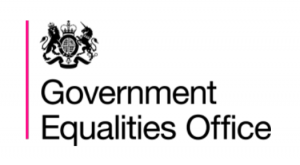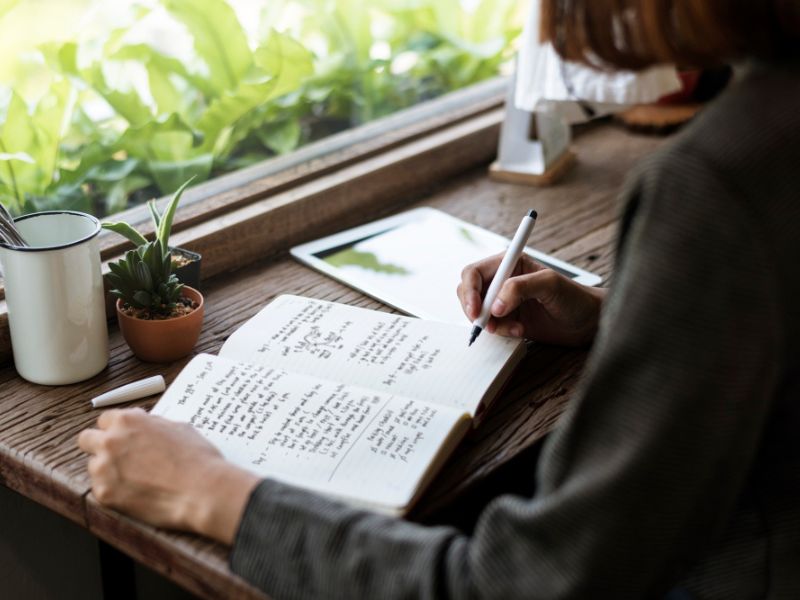Creating a fairer society where men and women alike can achieve their full potential is an important goal. This equality of opportunity will only be achieved if both men and women actively engage in making it a reality.
That’s why, in June 2014, the Government hosted a seminar on “Men as Change Agents for Gender Equality”. This brought together a number of UK experts with Professor Michael Kimmel, a world leader on studies of men and masculinity, to discuss how we might unlock the full potential of men as positive agents of change to achieve gender equality.
Equality is everybody’s business, and most men are supportive of it – it is not just women’s responsibility. Both men and women have much to gain from gender equality.
On the surface, this issue seems straightforward: equality is good for everyone; we should all want to achieve it. And an increasing number of men are realising that they will benefit from a more equal society. We have seen significant progress in recent years as a generation of men are seeking more “hands-on” fathering roles than those of their fathers or grandfathers before them.
But while men may support gender equality, their participation in achieving it remains low. Why, then, are men not more actively involved in bringing it about? That was the focus for this discussion, along with ways in which we might gain the level of men’s engagement that will be necessary to secure real and lasting social change.
This debate is happening here in the UK, but also around the world. Shortly after the seminar, Emma Watson made her powerful and compelling speech to the United Nations launching the global HeForShe campaign. Of course men can be feminists – to create an equal society we need them to be – yet even in 2015 this statement can still seem controversial to some.
Government has a significant role to play in promoting gender equality. For example we have changed the law to introduce shared parental leave and extend flexible working. Through education we encourage both girls and boys to fulfil their aspirations, unconstrained by narrow stereotypes. We are also working tirelessly to support those girls and boys, men and women who are most vulnerable and disadvantaged in our society. For instance, we know that men are three times more likely than women to die by suicide. Admitting to yourself and those close to you that you are having trouble coping is a difficult thing to do. It can be particularly hard for men, due to gender stereotypes that mean they often see owning up to being depressed as a sign of weakness, or may feel unable to discuss their feelings. We are addressing this problem and tackling stigma around mental health through the Time to Change programme where we have committed funding of £15.3million over four years to 2015.
But Government alone cannot deliver the lasting change we need; we must all work together to create a culture and society where individuals are not pressured to conform to gender stereotypes. I am hugely encouraged by the number of people and groups working and campaigning on these issues and the insight and dedication that they bring to the debate – with special thanks to the participants who generously shared their expertise with us at the event in June. Men and boys can become true agents of change by challenging discrimination, sexism and gendered violence, and by speaking out about the ways gender inequality hurts men and boys as well as women and girls.









